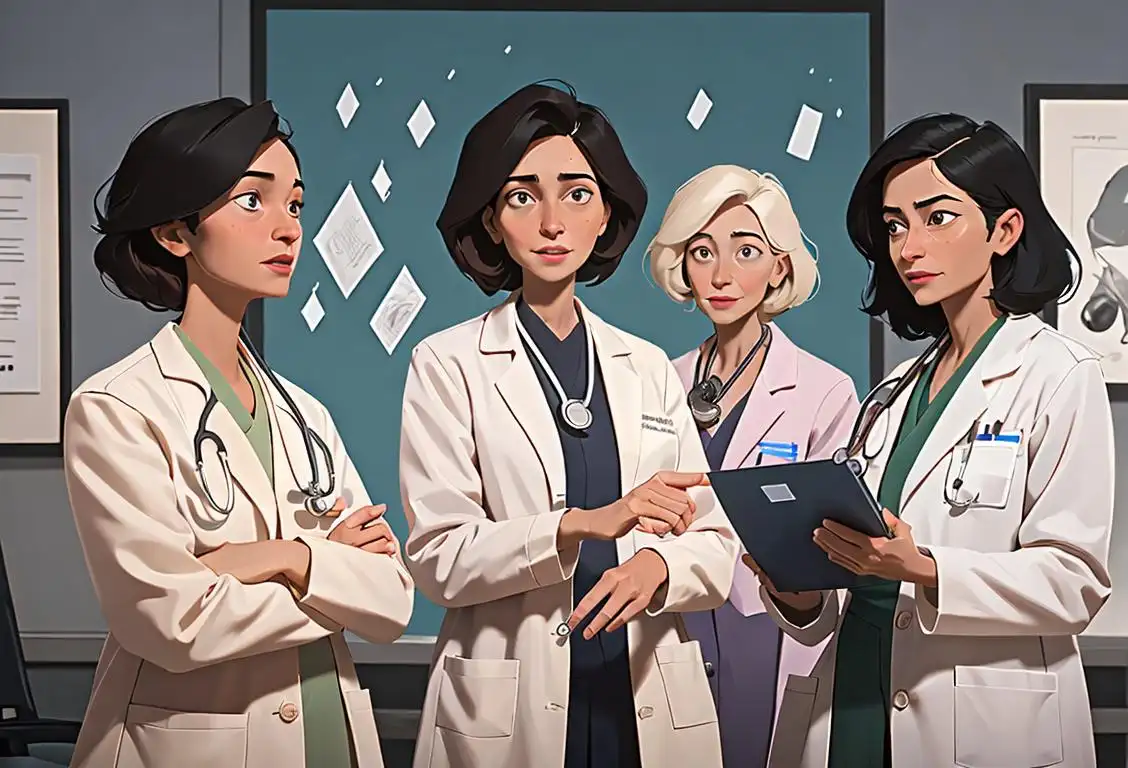National Pollution Control Day

Strap on your gas mask, everyone! We're wading deep into talking about the not-so-fresh-and-a-bit-grimy National Pollution Control Day. Now, don't get us wrong, it's not a day for celebrating pollution - quite the opposite! It's a day churning with discussions, activities, and efforts all aimed at reducing pollution and making our planet just a smidge healthier.
When is Pollution Control Day?
It's national pollution control day on the 2nd December.
A little Green Spot in the Gray Haze
We've discovered 2610 mentions for National Pollution Control Day online, the peak of chatter, or should we say, the height of the smog was on December 2, 2020. Strange as it sounds, that was right in the midst of a global pandemic! Guess when Mother Nature coughs, people start listening!
Why December 2nd?
Good question! It actually hearkens back to a very tragic event - the Bhopal Gas Tragedy of 1984 in India, which was one of the world's worst industrial disasters. So December 2nd serves not only as an important marker for raising awareness regarding pollution control, but also as a day of remembrance for those who tragically lost their lives.
Kick the Dirt, not the Bucket!
Seriously, health risks associated with pollution are no joking matter. But there's more to this day than just doom and gloom. People come together (metaphorically nowadays - thanks Covid-19!) to organize cleanup drives, workshops, campaigns and seminars all aimed at keeping our habitats healthy and hale. Check out the #CleanAir hashtag on Twitter and join the conversation!
History behind the term 'Pollution Control'
1955
Rise of Environmental Concern
In 1955, a pivotal moment occurred when environmental concerns started gaining traction in public discourse. Rachel Carson, an American marine biologist, published her groundbreaking book 'Silent Spring' which highlighted the harmful effects of pollution on the environment. Carson's work played a significant role in raising awareness about pollution and its impact on ecosystems.
1969
Catalyzing National Legislation
The year 1969 witnessed the implementation of comprehensive national legislation dedicated to pollution control. The United States passed the National Environmental Policy Act (NEPA), aiming to promote the enhancement of the environment. NEPA served as a catalyst for further legislative actions and set the foundation for more focused pollution control efforts.
1972
Establishment of Environmental Protection Agencies
In 1972, many countries established dedicated agencies tasked with pollution control and environmental protection. The United States established the Environmental Protection Agency (EPA) under President Richard Nixon, with a mission to safeguard human health and the environment. Other nations followed suit, recognizing the need for centralized bodies to regulate pollution control measures.
1987
Global Recognition of Pollution Control
1987 marked a significant milestone in pollution control efforts with the emergence of an international agreement known as the Montreal Protocol. This global treaty aimed at protecting the ozone layer by regulating the production and use of substances responsible for ozone depletion, such as chlorofluorocarbons (CFCs). The protocol demonstrated the growing consensus on the importance of pollution control on a global scale.
2000s
Technological Advancements and Innovative Solutions
In the 2000s, technological advancements played a crucial role in pollution control. Innovations such as emission control technologies for vehicles, renewable energy sources, and waste management systems significantly contributed to pollution reduction. These advancements continue to evolve, seeking more efficient and sustainable solutions to combat pollution.
Did you know?
Did you know that about 91% of the world’s population lives in places where air quality levels exceed WHO limits? Yep, don't mind us, we're just over here gasping for some fresh air.Tagged
awareness fun rememberance health environmentFirst identified
1st December 2015Most mentioned on
2nd December 2020Total mentions
2610Other days
Pollution Control Day
Clean Air Day
Women Physicians Day
Garbage Day
Stop The Bleed Day
Broccoli Day
Bestfriends Day
Memorial Day
Unemployed Day
No Bra Day








